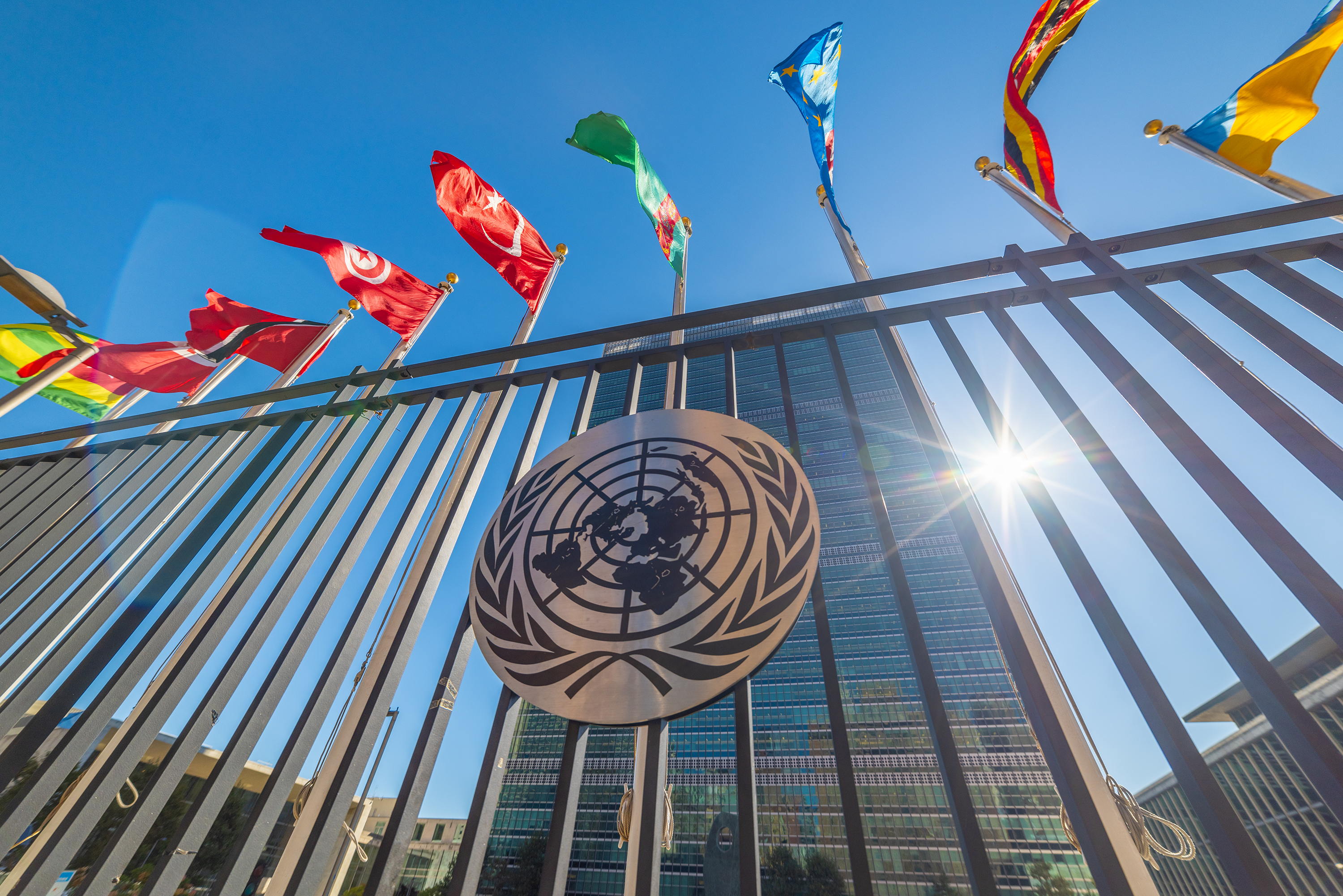Global Plastics Treaty Talks Resume in Geneva Amid Urgency to Finalize Text

Negotiators from around the world reconvened this week in Geneva for the resumed fifth session of the Intergovernmental Negotiating Committee (INC-5.2), seeking to finalize the text of what could become the first global, legally binding treaty to tackle plastic pollution.
According to the United Nations Environment Programme (UNEP), the session, which runs from August 5 to 14 at the Palais des Nations, aims to finalize and approve a comprehensive treaty text that will be forwarded to a future Diplomatic Conference for formal adoption. If successful, the agreement would represent a historic step toward curbing one of the planet’s most pressing environmental crises.
The Geneva meeting builds on a series of negotiations launched in 2022, following a landmark resolution adopted at the United Nations Environment Assembly (UNEA) mandating the creation of an international legal instrument to address plastic pollution “including in the marine environment.”
Since then, five formal sessions have been held in various locations—starting in Punta del Este (2022), followed by Paris, Nairobi, Ottawa, and most recently Busan in late 2024. According to UNEP, informal ministerial consultations and regional meetings have also taken place in the lead-up to INC-5.2 to help bridge remaining political and technical divides.
“Plastic pollution is already in nature, in our oceans and even in our bodies. If we continue as on this trajectory, the whole world will be drowning in plastic pollution – with massive consequences for our planetary, economic and human health,” said Inger Andersen, Executive Director of UNEP. “But this does not have to be our future. Together, we can solve this challenge. Agreeing a treaty text is the first step to beating plastic pollution for everyone, everywhere.”
As of August 5, over 3,700 delegates had registered to attend, representing 184 countries and more than 600 observer organizations, including industry, civil society, academia, and Indigenous groups.
According to Reuters and other sources familiar with INC materials, key areas of contention include limits on plastic production, extended producer responsibility (EPR), and financing mechanisms to support developing countries. Some countries advocate for binding targets and a full life-cycle approach—from fossil fuel feedstock extraction to waste disposal—while others emphasize national discretion and voluntary measures.
Luis Vayas Valdivieso, Chair of the INC, described the Geneva meeting as a “test of our collective responsibility,” noting that bridging these differences would determine the treaty’s strength and global impact.
According to the UNEP, observers gathered ahead of the session on August 4 for a Multi-Stakeholder Forum hosted by the Swiss government. Katrin Schneeberger, Director of the Swiss Federal Office for the Environment, emphasized that “Plastic waste is choking our lakes, harming wildlife, and threatening human health. This is more than just an environmental issue — it is a global challenge that demands urgent and collective action.”
As negotiators work toward consensus over the coming days, the world is watching closely. While the road to agreement remains complex, the stakes are high: failure to reach a meaningful accord could delay coordinated global action for years, while a balanced and enforceable treaty could mark a turning point in international environmental governance. The outcome of INC-5.2 may not resolve every detail, but it is expected to set the tone—and the boundaries—for how the international community responds to plastic pollution in the decades ahead.
Source: UNEP






